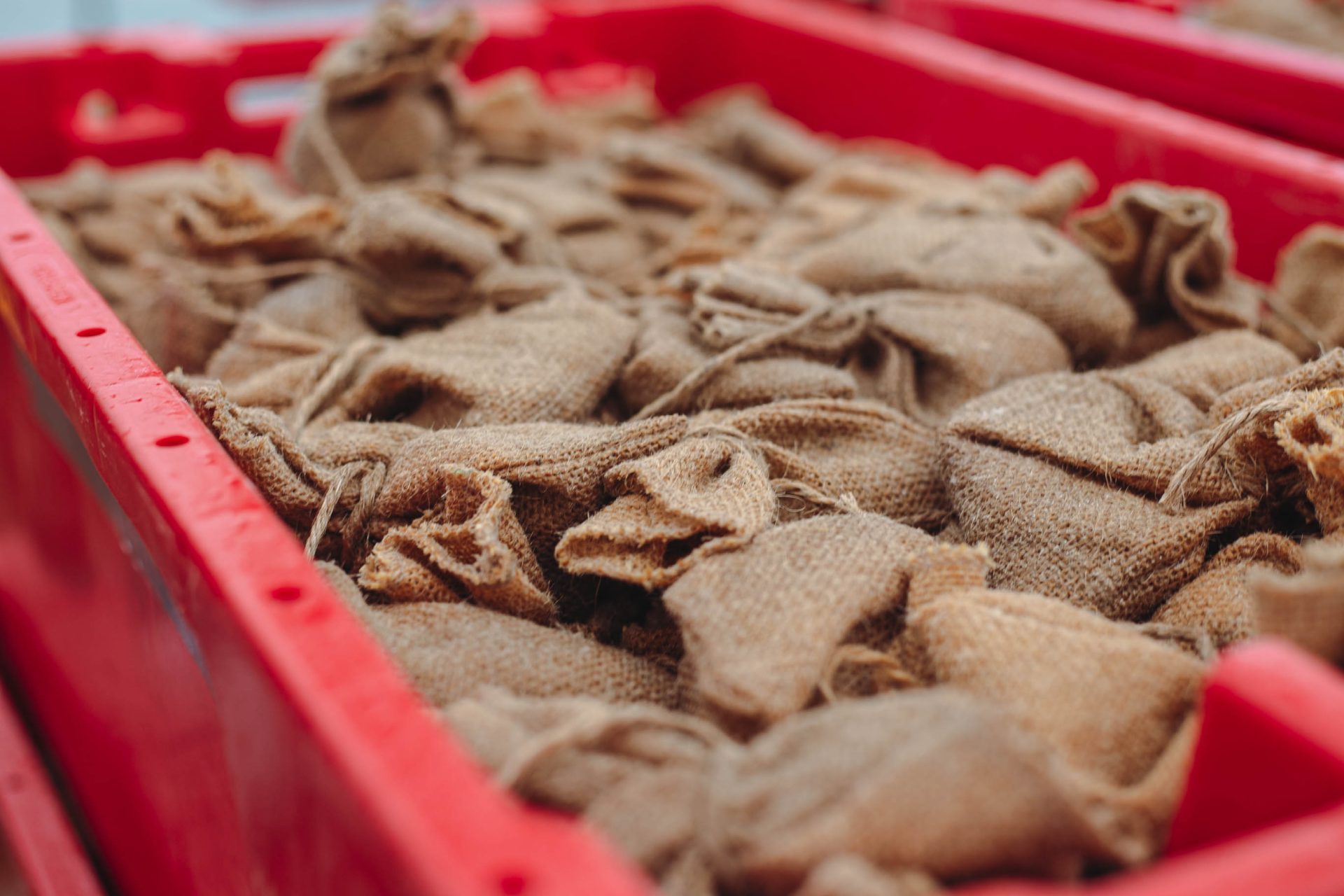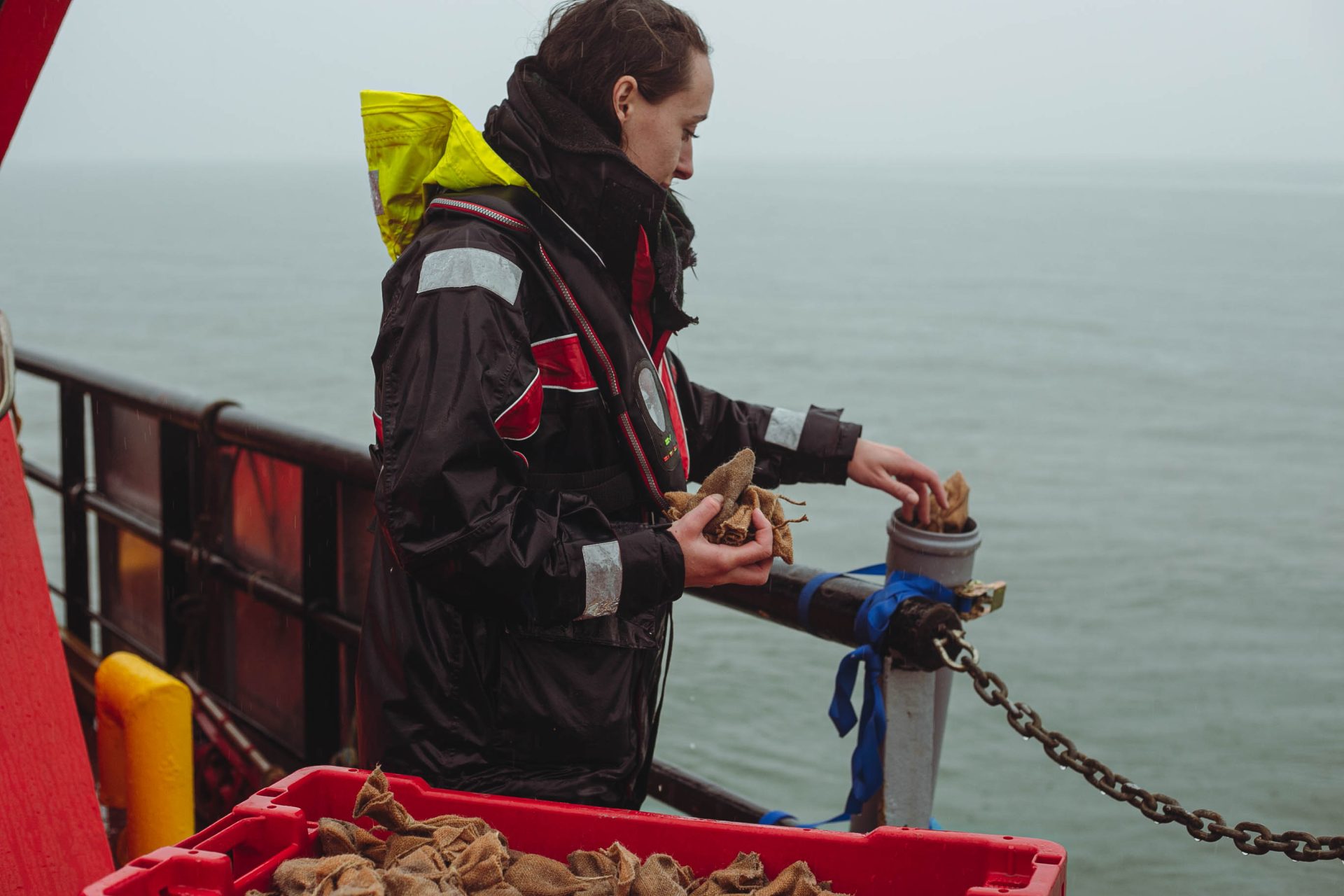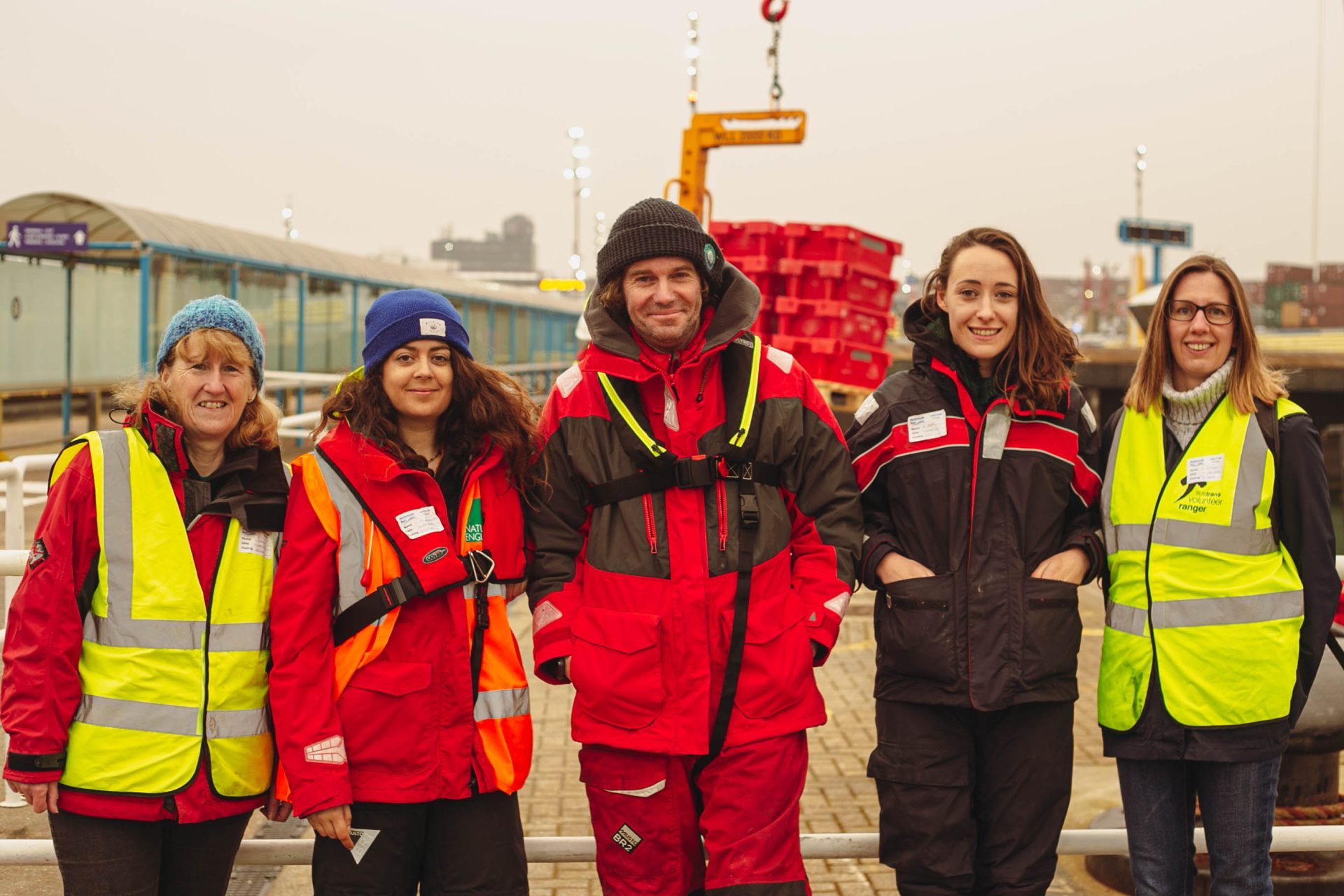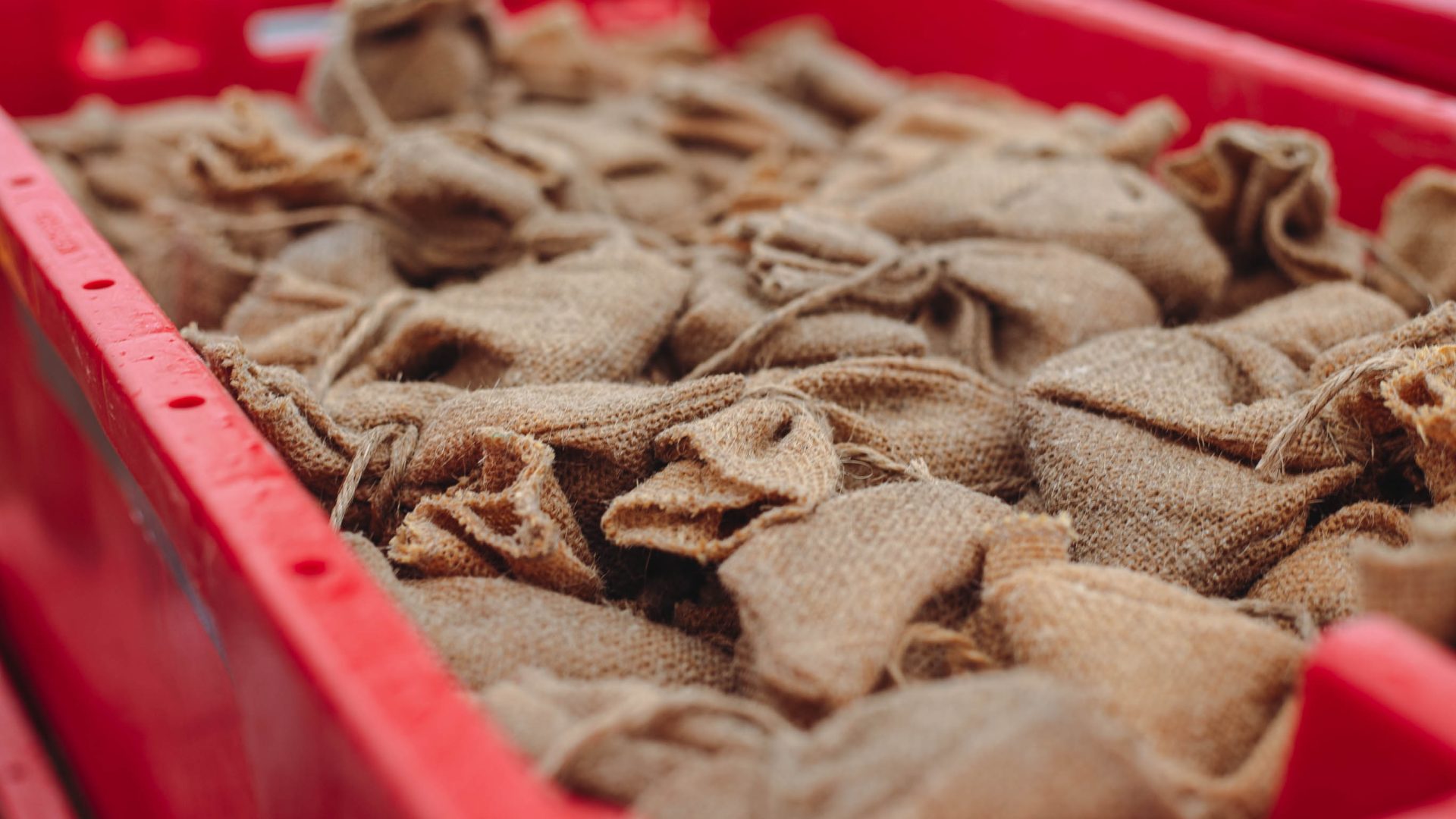Work on England’s largest seagrass planting effort has been taking place in the Solent this week!
A total of 20,000 seagrass seed bags have been packed and are being planted into the seabed. By the end of the week, a whole hectare (the size of a football pitch) of seagrass will have been planted, west of the Beaulieu River Estuary, in the Solent.
This is part of the EU LIFE Recreation ReMEDIES project, a four-year project which aims to plant a total of eight hectares of seagrass meadows, in the Solent Maritime Special Area of Conservation and in Plymouth Sound National Marine Park.

This is vitally important work as since the 1930’s, 90% of Zostera marina seagrass beds have been lost, and it has been estimated by the International Union for Conservation of Nature (IUCN) that seagrasses are still declining by 7% a year globally. This estimate, if accurate, makes it the fastest disappearing habitat on the planet.
By planting seagrass, we are hoping to restore one of the most valuable and biodiverse habitats on the planet. An important habitat that provides nursery grounds for commercially important fish, provides homes for rare and endangered species like seahorses and stalked jellyfish, stabilises sediments on the seabed and captures and stores significant amounts of carbon.

The Ocean Conservation Trust has been leading the restoration work as a project partner, and we are hoping to head back to the Solent in the next few weeks to check on the seedbags that have been planted.
These planting efforts are successful thanks to all the amazing help we get! All the seagrass seeds have been bagged by hundreds of wonderful volunteers and our project partners, and The Institute of Marine Science in Portsmouth University, the National Oceanography Centre in Southampton and the North Solent National Nature Reserve have facilitated these events.
Thanks to the incredible support of Portsmouth International Port and Cowes Harbour Commission for their help facilitating the barge and its movements in less than ideal weather conditions!

ReMEDIES is funded by the EU LIFE Programme and is led by Natural England in partnership with the Ocean Conservation Trust (OCT), Marine Conservation Society, Royal Yachting Association and Plymouth City Council/Tamar Estuaries Consultative Forum.
To learn more about the LIFE Recreation ReMEDIES project, please visit the new website here.

